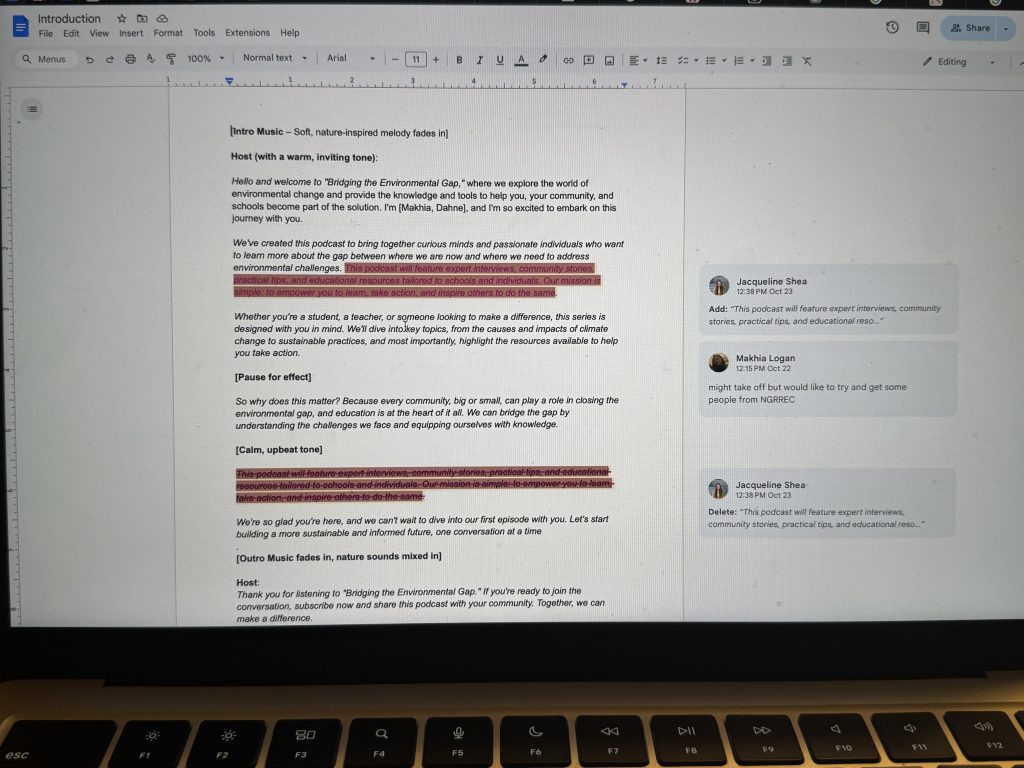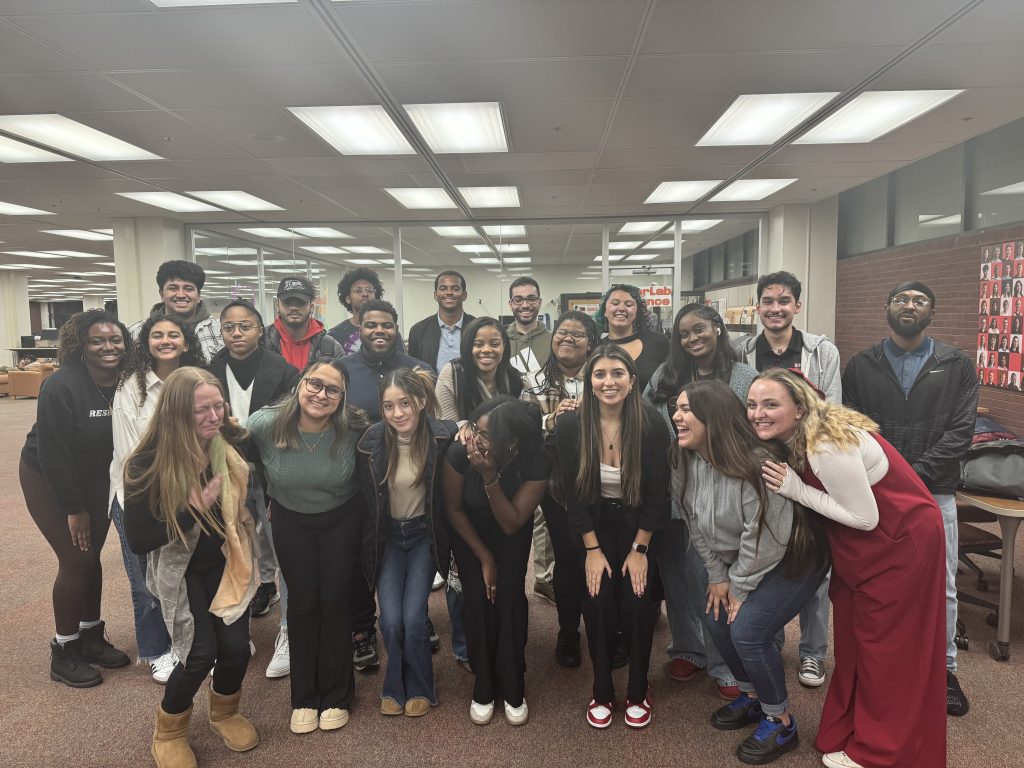During the first half of the semester in CODES 320, I gained several valuable skills, particularly in analytical writing, effective teamwork, and clear communication. However, there’s always room to improve and grow in applying what I’ve learned. For instance, I am confident about my progress toward developing skills for lifelong learning. I’ve been actively working to apply my classroom knowledge to broader contexts, seeking ways to connect academic theories to real-world situations.

Working with my team one last time was bittersweet. Seeing our unique contributions come together in a cohesive, meaningful project for the community felt rewarding. The shared purpose, problem-solving, and mutual support reminded me how much we’ve grown. While it’s hard to say goodbye, I’m grateful for the experience and proud of what we accomplished together.
1) Cultivate skills to analyze assumptions and develop logical problem-solving strategies systematically (20%)
- 1a) Engage in exercises that challenge existing assumptions and develop innovative solutions.
In my podcast, I challenged assumptions by exploring lesser-known environmental conservation issues, such as the lack of awareness about environmental conservation through education. Through creative storytelling, I made these topics more relatable and engaging for a younger audience, ensuring they resonated with teens and educators alike.
- 1b) Take creative risks in academic and professional assignments.
I experimented with the podcast format by incorporating ideas from our website. Focusing on This approach added variety and depth, making the content dynamic and ensuring it captured the audience’s attention while addressing real-world concerns.
- 1c) Implement solutions considering multiple factors.
I focused on implementing the podcast with professional standards, ensuring quality audio and editing. This required attention to detail in technical aspects and audience engagement, ensuring the final product was accessible and impactful.

2) Enhance my ability to define, analyze, and solve problems using multiple approaches (40%)
- 2a) Formulate insightful problem statements with relevant evidence.
I addressed The primary question: “How can digital media like podcasts influence teens’ understanding of environmental conservation?” This guided the content and structure of the podcast. I refined the approach by asking the audience for feedback and using our survey to better align with preferences and needs.
- 2b) Implement solutions considering multiple factors.
I considered the audience’s learning preferences when producing the podcast by examining other environmental podcasts with the survey setup. The podcast included engaging narratives and practical calls to action.
3) Enhance my ability to conduct effective research and apply information ethically (15%)
- 3a) Define research questions and select appropriate information sources.
I developed research questions, “What are the most pressing environmental issues facing teens today?” Using reputable sources, I ensured the podcast script was accurate, insightful, and relevant to the target audience.
- 3b) Integrate research findings responsibly and understand information use’s ethical/legal constraints.
To ensure my podcast was well-informed and ethically grounded, I used videos and classes from Skillshare and YouTube to enhance my skills in audio and video production, storytelling, and audience engagement on environmental topics. I credited all information and techniques I adopted, adhering to ethical standards regarding copyright and proper attribution. This approach improved the quality of my podcast, ensuring the content was accurate and ethically sound.
4) Enhance collaborative skills and contribute effectively to team efforts (10%)
- 4a) Articulate the merits of different ideas to advance collaborative efforts.
During team meetings, I highlighted how the survey could complement the podcast by reaching audiences who prefer auditory learning. This created a cohesive narrative across all project components.
- 4b) Work independently to meet deadlines and contribute to team goals.
I took responsibility for the podcast creation, though due to a lot of complications, I was unable to meet certain deadlines; my work was turned in at its best quality.
5) Improve the ability to present ideas clearly and compellingly (15%)
- 5a) Use clear organizational patterns and cohesive content in presentations.
The podcast script was carefully structured with an engaging introduction, well-organized main points, and a compelling call to action, ensuring a smooth listening experience.
- 5b) Employ effective delivery techniques and engaging presentation styles.
I focused on clear and enthusiastic delivery in the podcast component to maximize audience engagement.
- 5c) Develop central messages supported by significant evidence.
The podcast emphasized the importance of recycling and conserving green spaces, using credible data and research findings to support these messages.
Working in class with my cohort and presenting with them for the last time was an emotional and reflective experience. Over the past two years, we’ve grown together through shared challenges, learning experiences, and meaningful projects. The sense of camaraderie we built as a group made every class feel like a space where ideas could flourish, and collaboration came naturally.
Presenting with them one final time was both a moment of pride and a realization of how far we’ve come. Watching everyone showcase their work with confidence and passion highlighted the growth we’ve experienced, not just as students but as individuals committed to making an impact. It felt like the culmination of two years of shared effort, late nights, and collective problem-solving.
